Last time on the blog, I discussed getting your child started with therapy services, from doctor’s referral to evaluation. In this week’s blog, I want to discuss what to expect during those evaluations and give a few examples of reasons to request a referral for an evaluation from your child’s pediatrician.
Here is our what to expect during your child’s therapy evaluation.
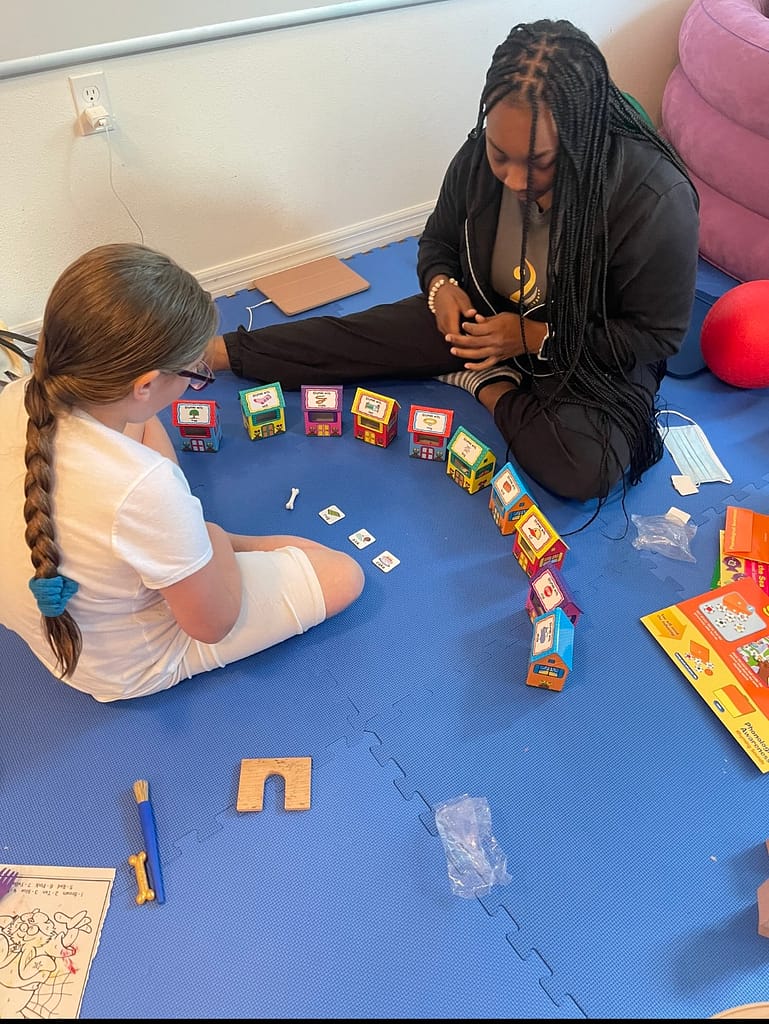
Evaluations
Evaluations are about 30 to 60 minutes, depending on the child. For all types of therapy, the therapist will start with a case history. The therapist will ask about your child’s medical history and at what age they reached certain milestones. Developmental milestones are basically things that most children can do by a certain age. Children do develop at different rates, but when a child is not meeting a milestone when expected, it is important to assess if there is an underlying reason for the delay. Most pediatricians will have checklists for you at “well visits” to see how your child is growing.
All therapists will use a standardized test for their type of therapy. Sometimes the therapist will deviate from the standardized test because it is not appropriate for the child they are evaluating. Some children may not be able to attend to a standardized test. It is important that we focus on what a child can do and build from there.
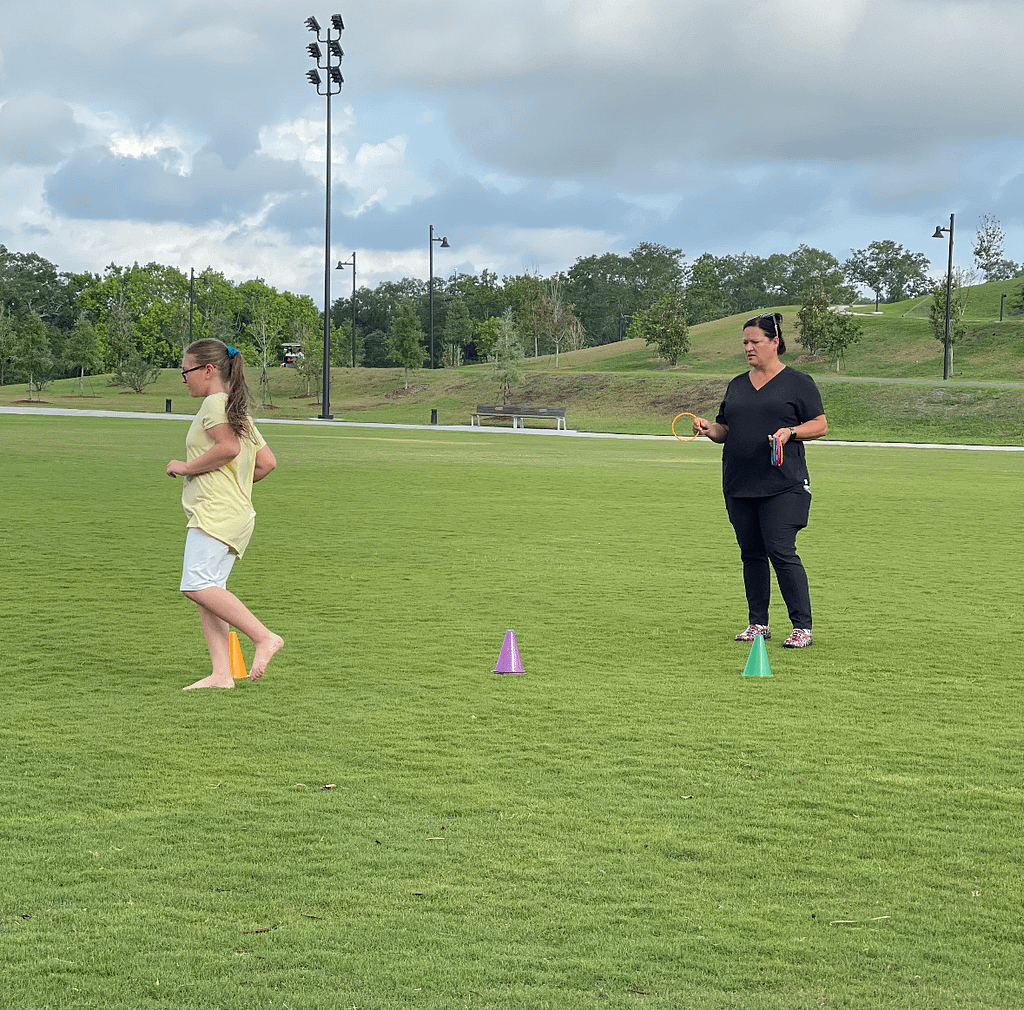
Physical Therapy
Motor skills are some of the first milestones. For my oldest son, physical therapy is where we started. At 9 months, Davyd wasn’t rolling over and his head wasn’t shaping evenly. This is what prompted his pediatrician to have him evaluated by physical therapy. Davyd hated tummy time and did not tolerate it well. For me, having my first child evaluated for physical therapy sounded a lot worse than it was and my mind went to the worst possible places. I wish someone would have explained it to me better. Instead, I was left guessing until I met with the physical therapist.
An evaluation for physical therapy assesses motor skills. Some of the things the physical therapist will look for in infants are head control, head shape, and tilt. They will also look at your baby’s strength and ability to tolerate tummy time. In toddlers, some of the things the therapist will look at are balance, coordination, and strength. In school-aged children, physical therapists will continue to look at balance, coordination, and strength. They will also look at standing, walking, going up and down stairs, jumping, and running. Physical therapists can work with you and your child to improve these areas.
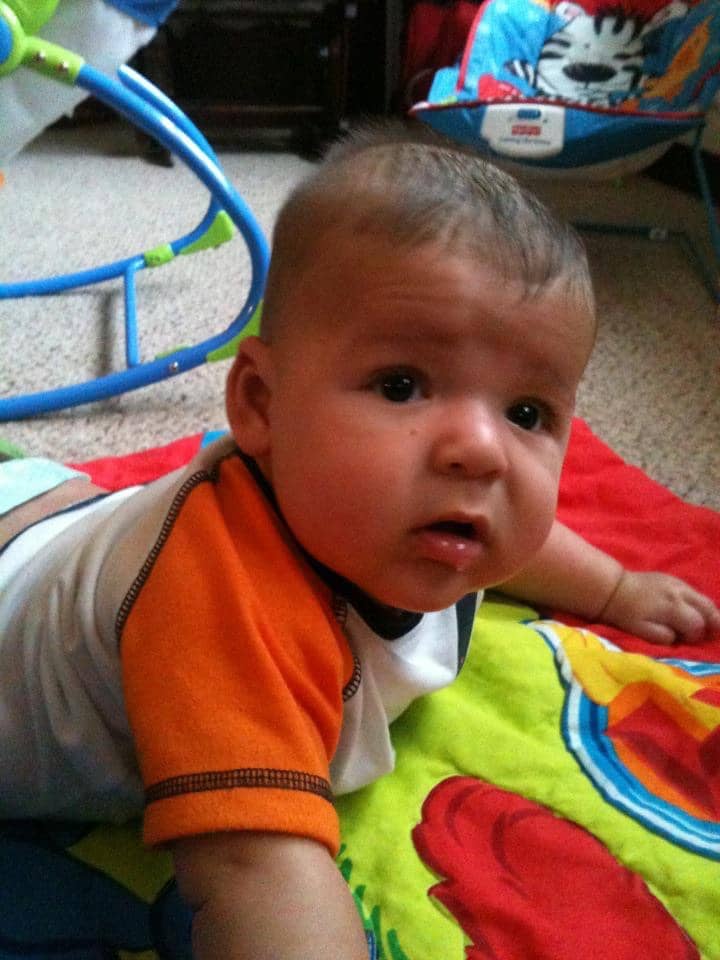
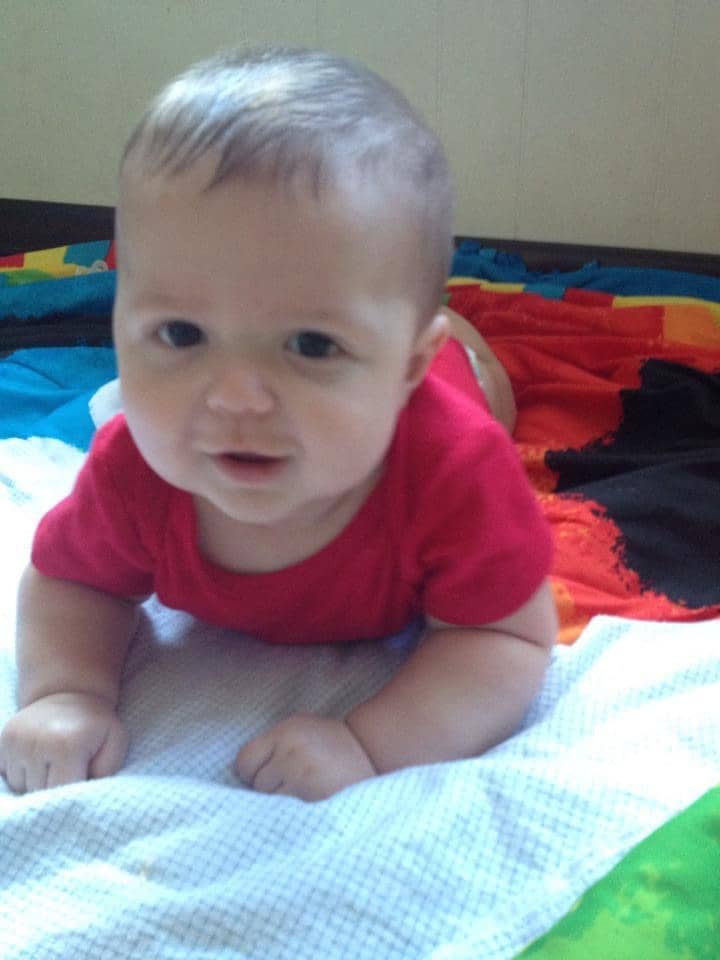
Occupational Therapy
During an evaluation, an occupational therapist will assess your child’s strengths and weaknesses in their ability to participate in daily living activities. Share your concerns and goals for your child with your therapist. This will include self-care, classroom work, social skills, executive functioning skills, and play.
Occupational therapists work on fine motor skills, gross motor skills, postural control, sensory processing skills, visual perceptual and visual motor skills, handwriting, social skills, coping skills, and behavior. Evaluations of infants and toddlers will look at developmental skills. Grasp, feeding, vision, and strength so your child can learn and grow. Evaluations of school-aged children will look at daily tasks at home, school, and community. Things like toileting, bathing, writing, scissor skills, and eating. If your child is in school, it can be helpful for the occupational therapist if you talk to your child’s teacher before the evaluation and ask them how they are doing in these areas to pass the information along to the therapist.
A personal note about occupational therapy. When my younger two attended public school, the school told me it wasn’t functional to teach my two younger sons how to write. At the time one was in kindergarten and the other was in second grade and they couldn’t trace a line. I told our occupational therapist, Victoria this, and after she put in the time and effort with them, both of them can now trace letters independently, among so many other things. My oldest son has the best printing and is ready to start writing cursive! Never give up hope!
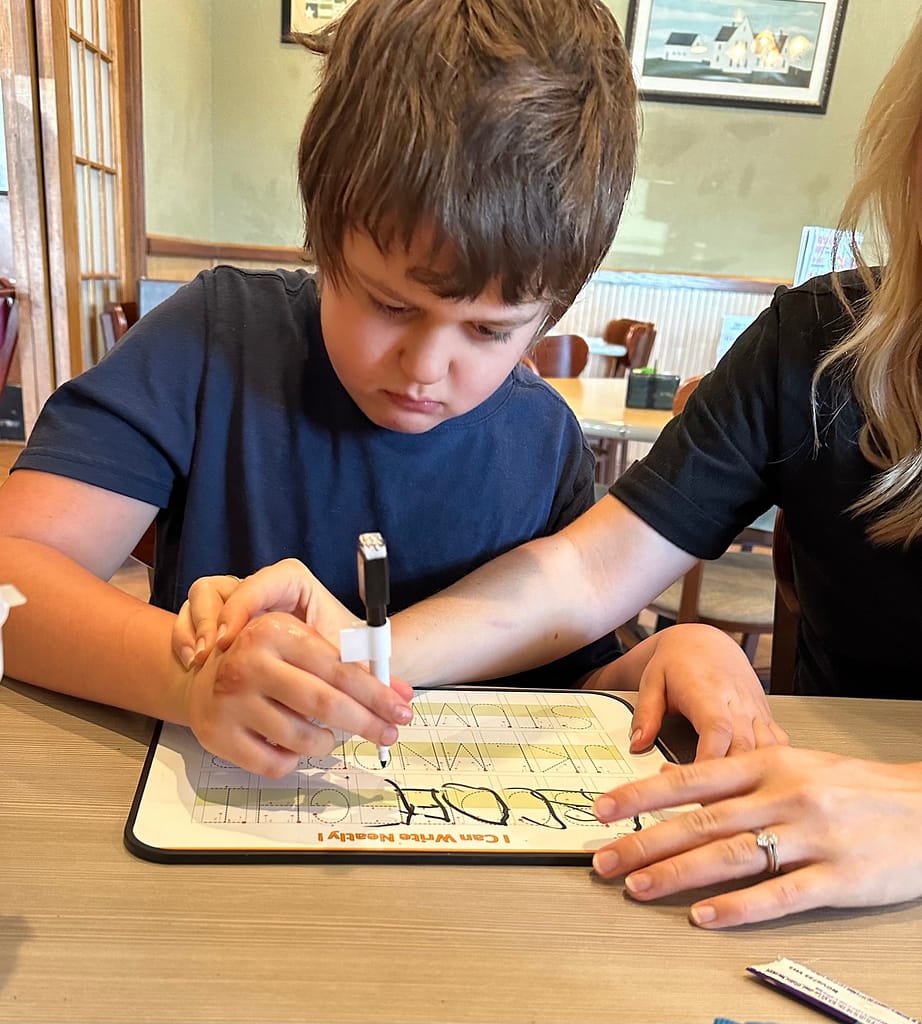
Speech Therapy
Speech therapists work on feeding, sensory and oral motor, swallowing, cognition/executive functioning, language skills, reading skills, and articulation.
Depending on your child’s needs, the speech therapist can evaluate your child’s:
Receptive Language- the ability to understand and comprehend language.
Expressive Language- the ability to express your wants and needs.
Articulation- production of speech sounds.
Fluency continuity, rate, smoothness in speech.
Voice- quality, pitch, loudness.
Social Skills- interactions with peers
Feeding and Oral Motor Skills- difficulty chewing, swallowing, or advancing diet.
Speech therapy has worked wonders for my boys. My son Benjamyn has a limited vocabulary. Our therapist Maittee taught him how to use Picture Exchange Communication and now he just started on an AAC tablet device. After only a few weeks, he is using his tablet independently. I had to add 5 new words to it for him this week! My son George barely spoke when he started speech therapy, now he doesn’t stop talking. His vocabulary is limited, but it is amazing to have a conversation with him. My oldest son has had receptive and expressive language issues his entire life. When he started with Maittee, he was going through a period where he wouldn’t talk. She makes him comfortable and has him talking and laughing again. We still have a long road ahead of us but we are definitely on the right path.
Conclusion
A therapy evaluation can be overwhelming, but I hope this helps you understand why they are important. The therapist will work with you to come up with a plan to help your child learn and grow. Every child deserves a chance. A good therapist will give your child that chance and believe in your child’s potential.
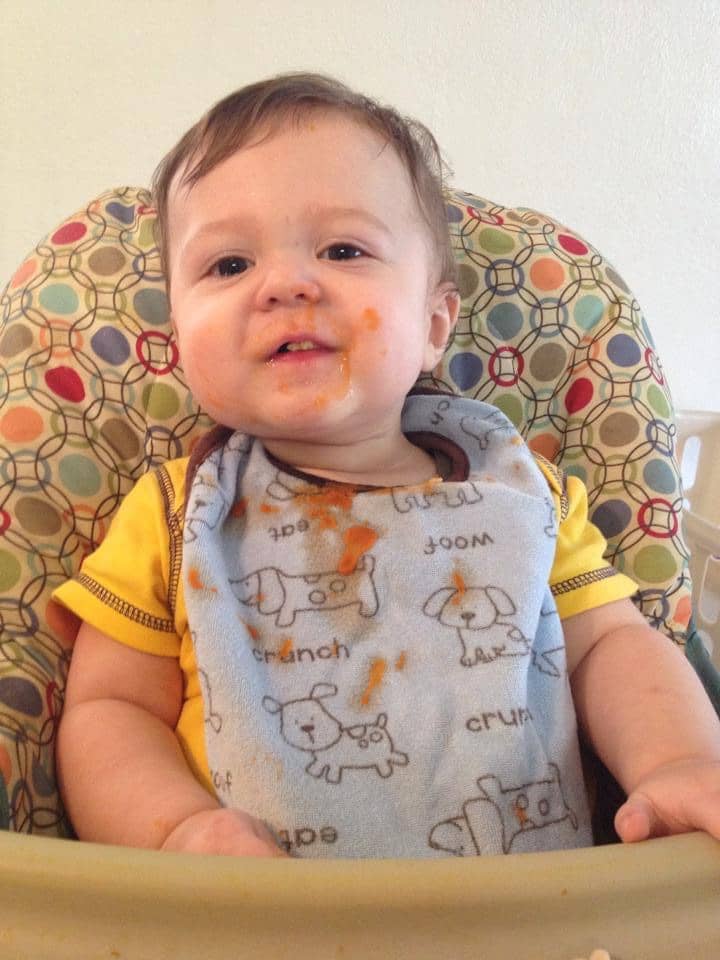
Love & Co. Therapeutic Interventions
referrals@loveandcompanytherapies.com
☎ 1 (941) 557-3881
☎ 1 (941) 264-8641
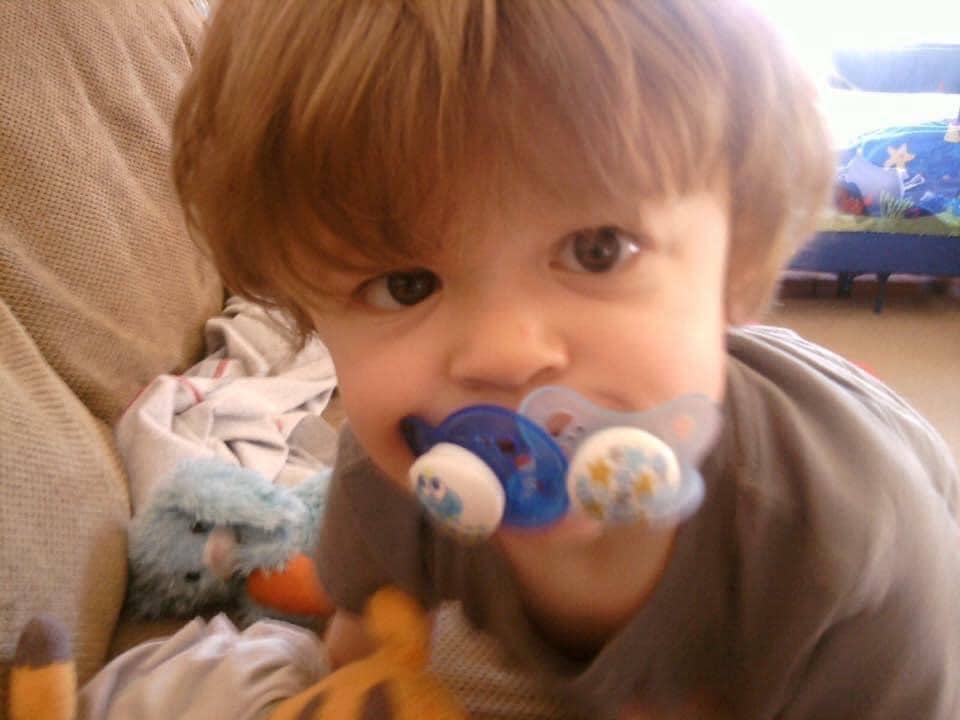
Leave a Reply